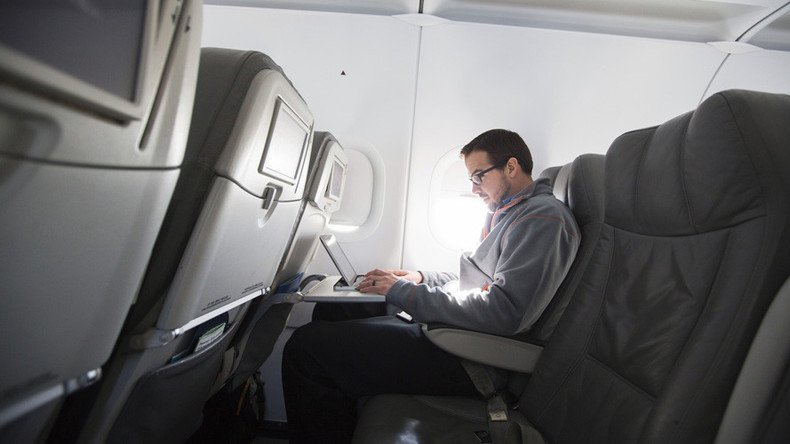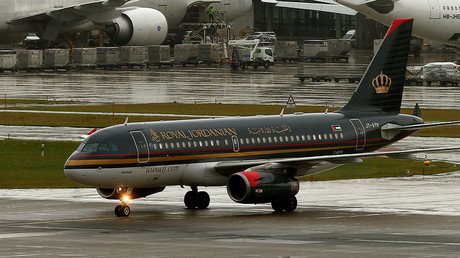UK follows US with electronic devices ban on flights from Muslim majority countries

Britain will follow America’s lead and ban laptops and other electronic devices on UK-bound flights from six Middle East and north African nations.
The UK government has announced it has agreed to additional security measures for direct flights from six countries - Turkey, Lebanon, Jordan, Egypt, Tunisia and Saudi Arabia.
UK airlines affected by the ban include British Airways, EasyJet, Jet2.com, Monarch, Thomas Cook and Thomson.
"The Prime Minister has chaired a number of meetings on aviation security over the last few weeks," a spokesperson for prime minister Theresa May says.
Passengers will not be allowed to take phones, laptops or tablets larger than 16cm in length, 9.3cm in width and 1.5cm in depth on board planes.
The move follows a decision by the US to ban large electronic devices from flights starting in eight countries.
The US Department of Homeland Security (DHS) announced the ban on Tuesday after claiming that extremists are seeking “innovative methods” to bring down jets and voicing concerns that bombs will be hidden in laptops.
The US ban, which prohibits passengers from having electronic items bigger than a cellphone in their cabin baggage, will affect flights from 10 airports in eight Muslim majority countries: Amman, Jordan; Kuwait City, Kuwait; Cairo, Egypt; Jeddah and Riyadh in Saudi Arabia; Casablanca, Morocco; Doha, Qatar; Dubai and Abu Dhabi in UAE, as well as Turkey’s Istanbul.
Larger devices, such as tablets and laptops, must be placed in checked luggage.
According to the Telegraph, discussions have reportedly been taking place in Whitehall and among cabinet ministers over the past few weeks about how the ban will work.
The ban is not expected to apply to pilots.
The US Department of Homeland Security says it is “concerned about terrorists” interest in targeting commercial aviation, including transportation hubs, over the past two years.
“Intelligence indicates that terrorist groups continue to target commercial aviation, to include smuggling explosive devices in various consumer items,” it said.
The attempted downing of an airliner in Somalia last year was linked to a laptop device and it appears security precautions are an attempt to stop similar incidents.
Q&A: Aviation Security Enhancements for Select Last Point of Departure Airports w/ Commercial Flights to the U.S. → https://t.co/iSdirAqaC4
— Homeland Security (@DHSgov) March 21, 2017
Affected airlines have until Friday to comply with the new restrictions, which will be in place indefinitely.
The airlines affected by the US ban are: Royal Jordanian, Egypt Air, Turkish Airlines, Saudi Arabian Airlines, Kuwait Airways, Royal Air Maroc, Qatar Airways, Emirates and Etihad Airways.
Passengers on some 50 flights a day from some of the busiest hubs in the Middle East, Turkey and North Africa would be required to follow the new rules.
The Turkish government has said the US ban is wrong and should be reversed.













